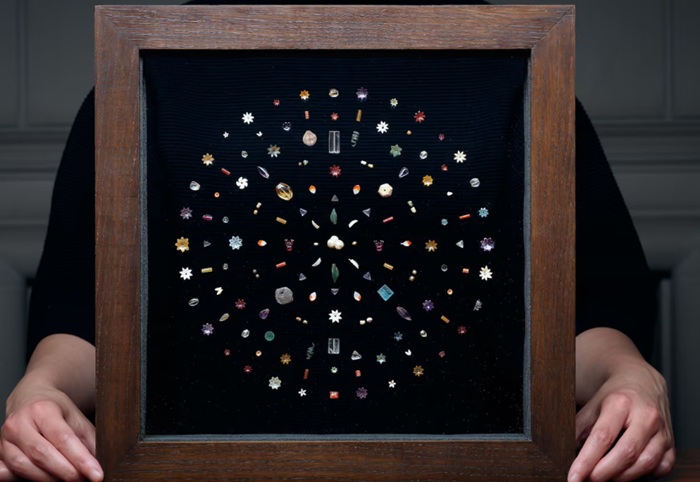
The Indian government has secured the repatriation of ancient gem relics linked to the Buddha’s remains, two months after it halted their auction in Hong Kong.
In a post on X, the Indian prime minister, Narendra Modi, said the return of the Piprahwa gems after 127 years was “a joyous day for our cultural heritage”.
Sotheby’s postponed the sale of the gems in May after the Indian culture ministry threatened to take legal action against the auction house in Indian and Hong Kong courts and through international bodies “for violations of cultural heritage laws”.
Many Buddhists believe the gems are imbued with the presence of the Buddha and should be treated as corporeal remains.
The ministry said the precious artefacts would be formally unveiled during a special ceremony and placed on public display. The purchase of the gems was secured through a public-private partnership between the Indian government and Godrej Industries Group, it added.
Modi wrote: “It would make every Indian proud that the sacred Piprahwa relics of Bhagwan Buddha have come home after 127 long years. These sacred relics highlight India’s close association with Bhagwan Buddha and his noble teachings. It also illustrates our commitment to preserving and protecting different aspects of our glorious culture.”
The gems were sold by three descendants of William Claxton Peppé, a British colonial landowner who in 1898 excavated the gems on his estate in northern India. Their decision to auction the gems was met with an international outcry from Buddhist leaders, academics and devotees.
The 334 precious stones, which were expected to sell at auction for about HK$100m (£9.7m), include amethysts, coral, garnets, pearls, rock crystals, shells and gold, either worked into pendants, beads and other ornaments or in their natural form.
The gems were originally buried in a dome-shaped funerary monument called a stupa in Piprahwa, in present-day Uttar Pradesh, India, in about 240-200BC when they were mixed with some of the cremated remains of the Buddha, who died in approximately 480BC.
The British crown claimed Peppé’s find under the 1878 Indian Treasure Trove Act, with the bones and ash presented to the Buddhist monarch King Chulalongkorn of Siam. Most of the 1,800 gems went to the Indian Museum in Kolkata, while Peppé was permitted to retain approximately a fifth of them.
In a statement, Sotheby’s said it was delighted to have facilitated the historic return of the gems to India.
“This completes our active search over the past two months to identify the best possible custodian for the gems. Today is the culmination of our close collaboration with the Peppé family, the buyer and the government of India to conclude this sale, which sees the permanent return of the Piprahwa gems to India where they will be on public display for years to come,” it said.
Pirojsha Godrej, the executive vice-chair of Godrej Industries Group, said: “We are deeply honoured to contribute to this historic moment. The Piprahwa gems are not just artefacts, they are timeless symbols of peace, compassion and the shared heritage of humanity.”
Chris Peppé, grandson of William Claxton Peppé who excavated the gems on his colonial estate, said his family shared Modi’s excitement at the repatriation of the gems. “We are happy that the true significance of the Piprahwa discovery has finally received the public recognition it always deserved and that the gems will be available for the public to see,” he said. (The Guardian)
